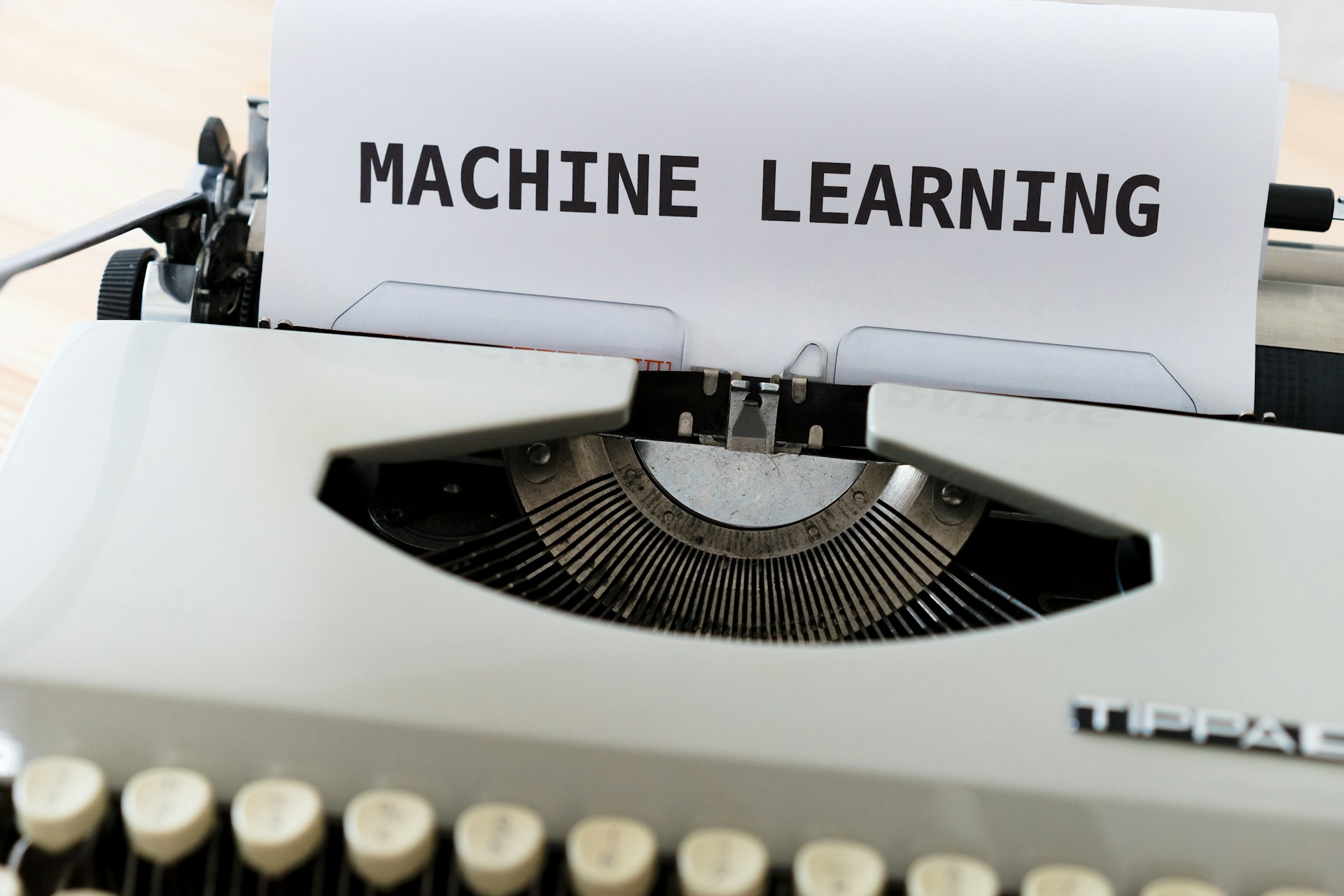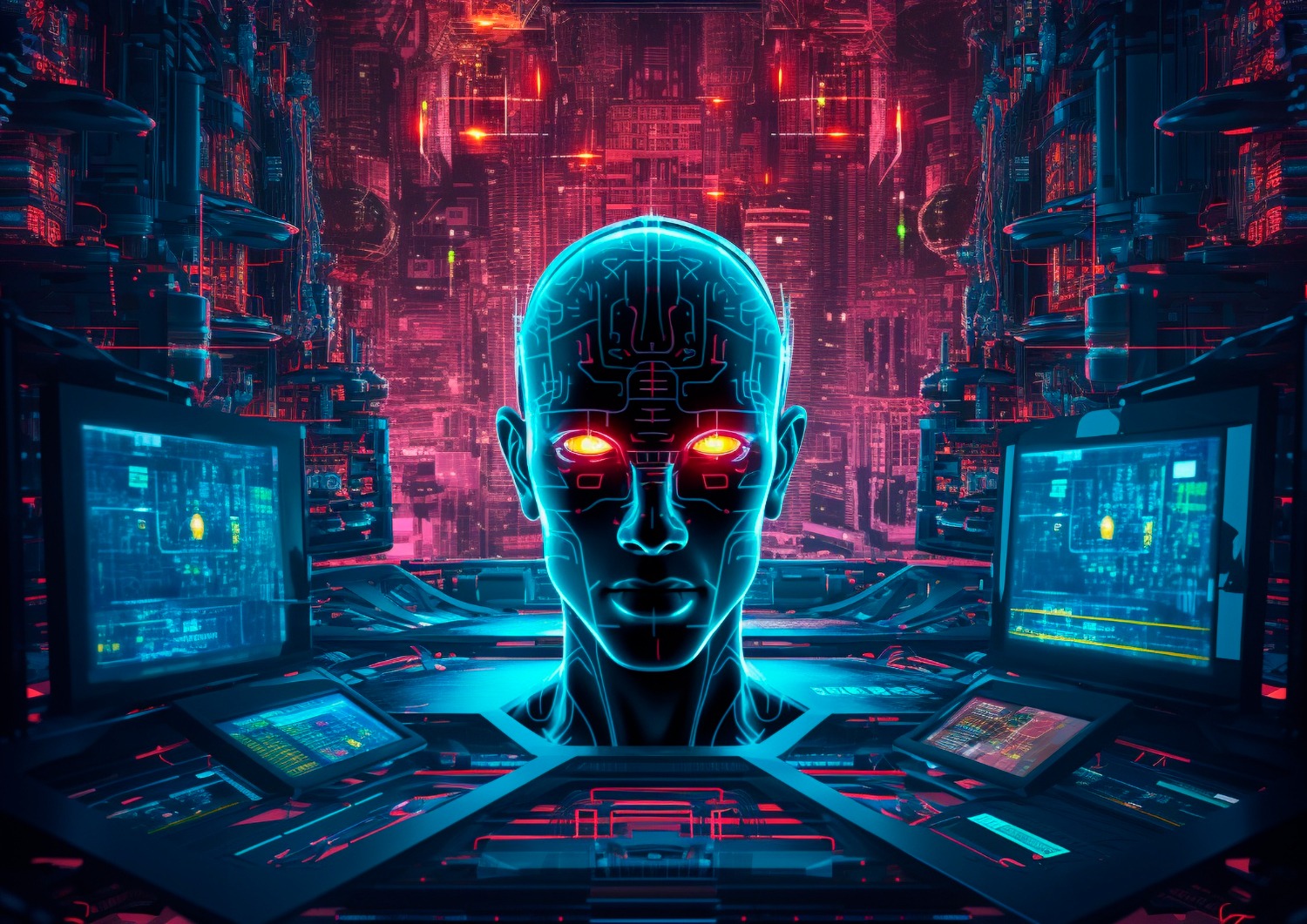Artificial Intelligence (AI): Innovations and Applications
AI is not just a futuristic concept anymore; it is an integral part of modern society, driving efficiencies, improving decision-making, and solving complex problems across various domains.
Exploring Artificial Intelligence
Artificial Intelligence refers to developing computer systems that can perform tasks traditionally requiring human intelligence. These tasks include learning, reasoning, problem-solving, understanding language, and even perceiving emotions. AI is driven by machine learning (ML), natural language processing (NLP), deep learning, and robotics, enabling machines to analyze vast amounts of data, identify patterns, and make informed decisions autonomously.
Narrow AI (Weak AI):
This is the most common form of AI today, designed to perform specific tasks. It excels in a particular domain but lacks general intelligence. Examples include voice assistants like Siri, Alexa, and Google Assistant, as well as recommendation algorithms used by platforms such as Netflix and Amazon. Narrow AI is task-oriented and performs pre-defined actions based on data.
General AI (Strong AI):
General AI, which is still theoretical, refers to an AI system capable of performing any intellectual task that a human can. Unlike narrow AI, it possesses the flexibility and adaptability of human cognition, understanding, and learning. It could process and apply knowledge across various domains, making decisions, solving problems, and learning from experiences similar to human beings.
Super AI:
Super AI is a concept often explored in science fiction and refers to an AI that surpasses human intelligence in virtually every field. This form of AI would not only outperform humans in intellectual tasks but also possess emotional intelligence, creativity, and problem-solving abilities far beyond human capabilities. While this remains a hypothetical concept, its potential implications are the subject of much debate and research.
While Narrow AI continues to dominate the present landscape, recent breakthroughs in machine learning, neural networks, and other AI technologies are bringing us closer to the development of General AI. The timeline for achieving General AI and Super AI remains uncertain, but experts predict that we may be on the cusp of significant advancements in these areas.
Key Innovations in AI
The relentless pace of AI development has led to groundbreaking innovations across industries:
1. Generative AI
Generative AI, powered by models like GPT-4, has redefined content creation. These AI systems can generate human-like text, images, and even music based on minimal input. Businesses are leveraging generative AI for tasks like automated writing, image design, and customer service chatbots.
2. AI in Robotics
Robotics integrated with AI is transforming industries such as manufacturing, healthcare, and logistics. Collaborative robots (“cobots”) work alongside humans to increase productivity, while autonomous robots streamline warehouse operations and reduce manual labor.
3. AI-Powered Predictive Analytics
Predictive analytics uses AI algorithms to analyze historical data, identify trends, and forecast future outcomes. Industries like finance, retail, and healthcare rely on this innovation for demand forecasting, fraud detection, and personalized medicine.
4. Computer Vision
AI-driven computer vision enables machines to interpret and analyze visual information like human sight. This technology powers facial recognition, self-driving cars, quality control in manufacturing, and medical imaging for disease detection.
5. Edge AI
Edge AI brings processing closer to the source of data, reducing latency and dependency on cloud systems. Devices like smartphones, IoT sensors, and autonomous vehicles use edge AI to make real-time decisions without relying on internet connectivity.

Applications of AI Across Industries
AI innovations are not confined to a single industry; they have widespread applications across multiple sectors, driving efficiencies and enhancing outcomes:
1. Healthcare
AI is revolutionizing healthcare by improving diagnostics, personalizing treatment plans, and streamlining operations. For instance:
- AI algorithms analyze medical images (e.g., X-rays, MRIs) to detect diseases like cancer with high accuracy.
- Chatbots provide 24/7 virtual healthcare assistance, answering patient queries and offering appointment scheduling.
- Predictive analytics identify patterns in patient data to forecast health risks and recommend preventive measures.
2. Finance
The finance industry leverages AI to optimize operations, minimize risks, and enhance customer experiences. Key applications include:
- Fraud Detection: AI systems analyze transactions in real time to detect and prevent fraudulent activities.
- Algorithmic Trading: AI-driven algorithms execute trades at lightning speed based on market trends and data patterns.
- Credit Scoring: AI evaluates creditworthiness using alternative data, enabling financial inclusion for underserved populations.
3. Retail and E-Commerce
AI is transforming the retail sector by enhancing customer engagement, personalizing experiences, and improving supply chain management:
- Recommendation Engines: Platforms like Amazon and Netflix use AI to analyze user behavior and offer personalized product or content recommendations.
- Inventory Management: AI forecasts demand, ensuring optimal stock levels and reducing waste.
- Virtual Try-Ons: AI-powered augmented reality (AR) allows customers to visualize products like clothes or makeup before purchase.
4. Manufacturing
AI plays a pivotal role in smart manufacturing, enhancing productivity, efficiency, and safety:
- Predictive Maintenance: AI systems monitor equipment performance and predict potential failures before they occur, reducing downtime.
- Quality Control: AI-powered vision systems detect defects during production, ensuring high-quality output.
- Automation: AI-driven robots handle repetitive tasks, allowing human workers to focus on strategic activities.
5. Transportation and Logistics
The transportation industry benefits from AI innovations, particularly in automation and route optimization:
- Autonomous Vehicles: Self-driving cars use AI to interpret surroundings, navigate traffic, and enhance safety.
- Smart Logistics: AI optimizes delivery routes, reduces fuel consumption, and ensures timely deliveries.
- Traffic Management: AI analyzes real-time traffic data to alleviate congestion and improve urban mobility.
6. Education
AI enhances the learning experience by offering personalized and efficient education solutions:
- Adaptive Learning Platforms: AI tailors educational content to match individual learning styles and paces.
- AI Tutors: Virtual tutors provide instant feedback and assistance, complementing classroom teaching.
- Administrative Automation: AI automates tasks like grading, attendance, and scheduling, freeing up educators’ time.
The Ethical and Societal Impact of AI
Despite its potential, AI raises ethical concerns such as bias, job displacement, and data privacy. Ensuring transparency, accountability, and inclusivity in AI development is crucial for building trust. Governments, organizations, and tech leaders must collaborate to establish regulations that promote responsible AI use while minimizing risks.
Conclusion
Artificial Intelligence is undeniably transforming industries and everyday life. From healthcare and finance to retail and transportation, AI innovations are solving problems, increasing efficiency, and creating opportunities. As we continue to harness AI’s power, it is essential to prioritize ethical considerations and human-AI collaboration. With continued advancements, AI will pave the way for a smarter, more efficient, and inclusive future, benefiting individuals, businesses, and society at large.




